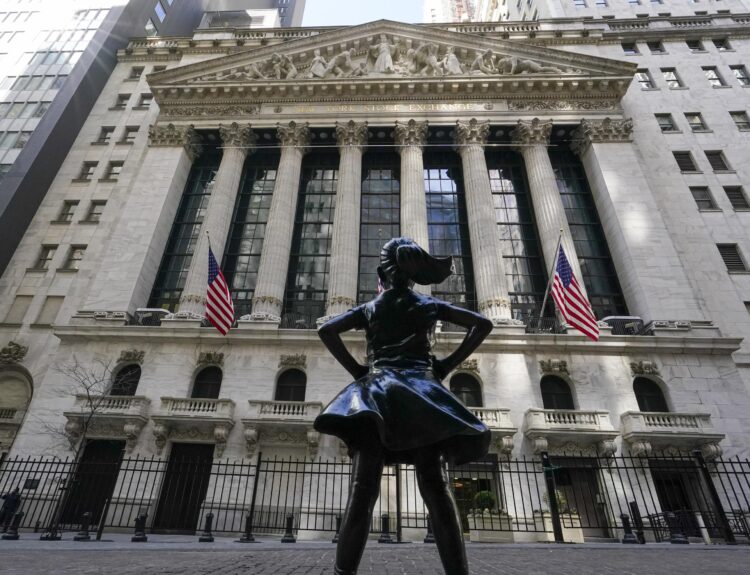The allure of guaranteed returns keeps investors from exploring new opportunities.
- Investors are hesitant to move cash from high-yield savings accounts despite expected rate cuts.
- Behavioral finance suggests ‘ambiguity aversion’ is causing investors to cling to cash.
- Financial advisors recommend considering long-term Treasurys and investment-grade bonds instead of cash.
- Retail investors hold over $6.3 trillion in money-market funds, with $2.6 trillion from individual investors.
- The pace of investment in money-market funds may slow as interest rates decline.
As interest rates begin to drop, many investors are finding it challenging to part with their cash, high-yield savings accounts, and CDs. Financial adviser David Flores Wilson notes that while he previously encouraged clients to invest their cash for better yields, he now faces resistance in persuading them to diversify. With returns on these safe investments hovering around 4% to 5%, the prospect of diminishing returns due to Federal Reserve rate cuts is not enough to sway some investors. This phenomenon, termed ‘ambiguity aversion’ by behavioral finance experts, indicates that people prefer the certainty of cash over the uncertainty of other investments. Financial advisors like Elliot Dornbusch suggest that instead of keeping cash in low-yield accounts, investors should consider long-term Treasurys and investment-grade bonds, which can provide reliable returns over time. Despite the looming rate cuts, retail investors continue to hold significant amounts in money-market funds, with over $6.3 trillion currently parked there. While the expected decline in yields may slow the influx of new investments into these funds, widespread outflows are not anticipated. Ultimately, whether investors will shift their strategies remains to be seen, but many may be content with lower, yet stable, returns.·
Factuality Level: 7
Factuality Justification: The article provides a detailed analysis of the current investment landscape in relation to interest rates, supported by quotes from financial experts. However, it includes some subjective opinions and predictions about investor behavior that may not be universally accepted, which slightly detracts from its overall objectivity.·
Noise Level: 7
Noise Justification: The article provides a thoughtful analysis of current investment trends in response to Federal Reserve interest rate changes, discussing behavioral finance concepts and the preferences of retail investors. It includes expert opinions and data on cash holdings, which supports its claims. However, it could benefit from a deeper exploration of the long-term implications of these trends and more actionable insights for readers.·
Public Companies: Wealthfront (), Betterment (), CV Advisors (), Investment Company Institute ()
Private Companies: Sincerus Advisory
Key People: David Flores Wilson (Managing Partner), Vicki Bogan (Professor), Elliot Dornbusch (Chief Executive and Chief Investment Officer), Daniel Masuda Lehrman (Financial Adviser), Shelly Antoniewicz (Deputy Chief Economist)
Financial Relevance: Yes
Financial Markets Impacted: Financial markets are impacted by the Federal Reserve’s rate cuts and investors’ preferences for cash investments.
Financial Rating Justification: The article discusses how the Federal Reserve’s interest rate changes affect financial markets, particularly the preference of investors for cash investments. It also mentions how fintech companies like Wealthfront and Betterment are still seeing money flowing into high-yield cash accounts despite potential rate cuts, and the impact on money-market funds.
Presence Of Extreme Event: No
Nature Of Extreme Event: No
Impact Rating Of The Extreme Event: No
Extreme Rating Justification: The article discusses the impact of Federal Reserve interest rate changes on investment strategies and does not report on any extreme event that occurred in the last 48 hours.·
Move Size: No market move size mentioned.
Sector: All
Direction: Down
Magnitude: Small
Affected Instruments: Bonds, Stocks
 www.marketwatch.com
www.marketwatch.com 





